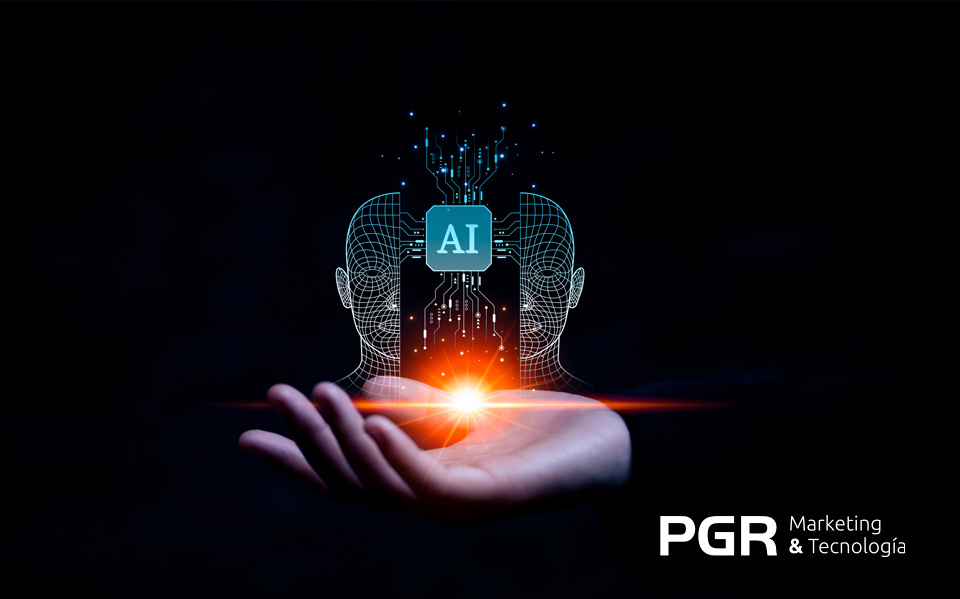
Generative artificial intelligence has marked a before and after in our society and has allowed the creation of tools that simplify and optimize various daily tasks.

Personalisation has become the most sought-after goal in digital marketing, an approach that allows brands to create experiences tailored to the individual preferences of each customer.

Are you considering leveraging the potential of AI in marketing ? Integrating artificial intelligence into your strategies can make a huge difference, automating processes, analyzing data in real time and personalizing the customer experience.

In digital marketing, AI has become a key resource for companies looking to improve customer engagement.

Artificial intelligence is transforming marketing like never before, driving growth, improving results and empowering two key areas: automation and hypersegmentation .